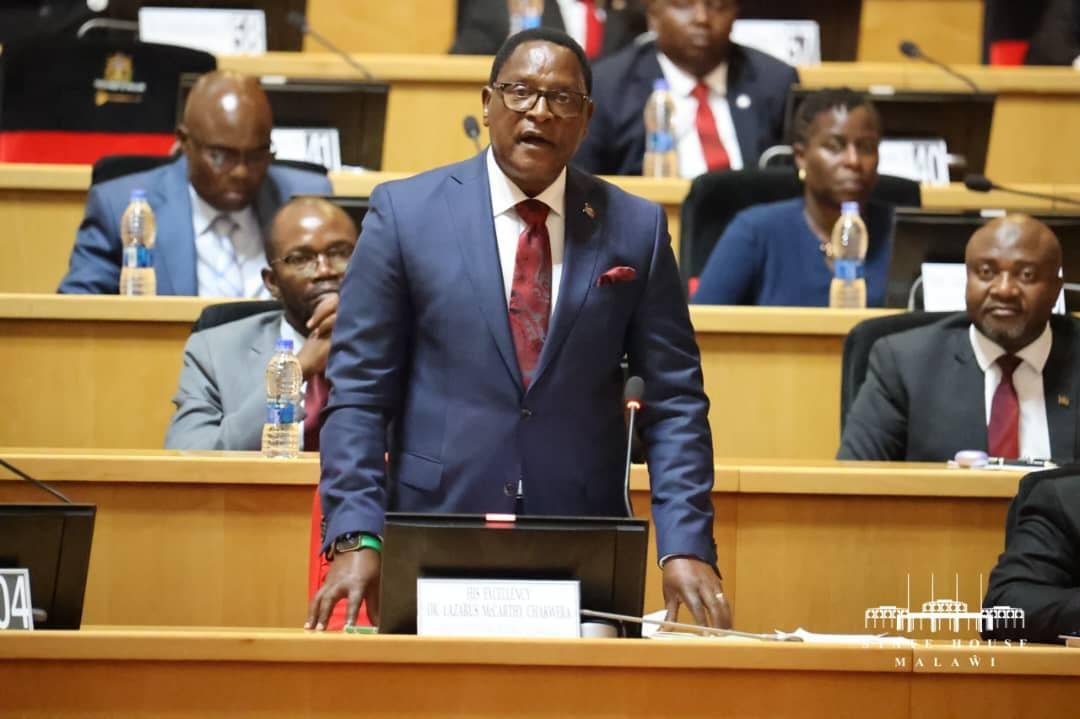By Burnett Munthali
Leadership is the cornerstone of progress and development. When it falters, societies struggle to thrive. In Malawi today, the leadership crisis has permeated nearly every level of society—from families to political parties. This article examines the state of leadership in various institutions and why failure is so widespread.
The foundation of leadership begins at home. Unfortunately, many families in Malawi are grappling with absentee parenting, lack of discipline, and limited mentorship. Parents, as the first leaders, often fail to instill critical values such as honesty, responsibility, and resilience. This neglect produces a generation ill-prepared for leadership roles.
Communities, once the bedrock of collective progress, now suffer from divisiveness and selfishness. Traditional leaders, who should be the guardians of unity and development, often prioritize personal gains over communal interests. Corruption and favoritism erode trust and hinder progress in critical areas such as infrastructure, education, and healthcare.
Religious institutions are not immune to the leadership crisis. Prayer houses, meant to guide moral and spiritual development, have increasingly become centers of division. Some leaders prioritize wealth accumulation and political affiliations over their congregations’ spiritual well-being. The erosion of trust in these institutions undermines their role as moral compasses in society.
Schools are supposed to mold future leaders, but weak leadership in education undermines this mission. Headteachers and administrators often fail to provide visionary leadership, resulting in mismanagement, poor performance, and lack of accountability. Students are left uninspired, lacking role models to emulate.
Colleges, the breeding ground for future professionals, are plagued by a lack of innovation and accountability. Student leaders are often embroiled in petty politics, focusing on personal interests rather than collective goals. Institutional leaders also fall short in providing strategic direction, leaving graduates ill-equipped to address national challenges.
In workplaces, poor leadership manifests in unprofessionalism, nepotism, and lack of motivation. Managers and supervisors often focus on short-term goals rather than fostering a culture of excellence and innovation. This leads to low productivity and dissatisfaction among employees.
The political landscape in Malawi epitomizes the leadership crisis. Political parties are riddled with infighting, lack of vision, and an overemphasis on personal gain. Leaders often prioritize power retention over national development, leaving the country in perpetual cycles of poverty and stagnation.
Why leadership is failing
Firstly, across all levels, corruption undermines the trust and integrity needed for effective leadership.
Secondly, leaders often focus on short-term goals and personal enrichment rather than long-term development.
Thirdly, the absence of strong mentors results in a lack of guidance for aspiring leaders.
Fourthly, institutions lack the strength and independence to hold leaders accountable.
Fifthly, societal norms often discourage critical thinking and innovation, which are essential for effective leadership.
To address the leadership crisis, Malawi must:
Rebuild family values that emphasize responsibility and discipline.
Foster community cohesion through transparent and accountable leadership.
Reinforce the moral and spiritual role of religious institutions.
Reform schools and colleges to prioritize leadership development.
Promote professionalism and innovation in workplaces.
Advocate for political reforms to ensure visionary and accountable leadership.
Malawi’s leadership crisis is not confined to one sector; it is a societal issue. Addressing this challenge requires collective efforts to cultivate a culture of accountability, vision, and integrity at all levels. Without these changes, Malawi risks perpetuating cycles of failure that hinder its potential for growth and prosperity.




